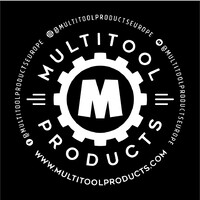
Central Screw Products
Central Screw Products is a company with a deep history in manufacturing, starting more than 95 years ago. We’ve created our own unique recipe for how we operate day to day. This recipe has allowed us to focus our efforts on our customer needs and simplify the workflow areas. We are more than just another machine shop. CSP leverages the latest in robotics and automation technology to achieve one of the machining industry’s most efficient engineering to production ratios. The result is mastery and control of the manufacturing process, maximum customer value, and unparalleled quality.






